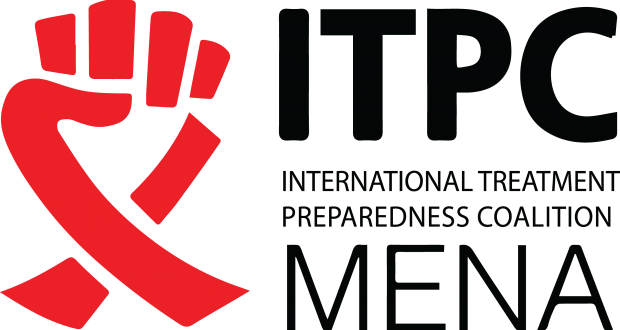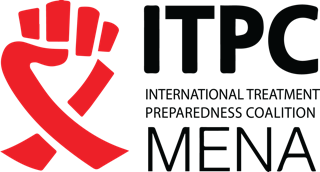
ViiV HEALTHCARE TO TRIPLE ANNUAL SUPPLY OF LONG-ACTING HIV PREP FOR LOW- AND MIDDLE-INCOME COUNTRIES: A REAL RACE IS STARTING AMONG PHARMACEUTICAL COMPANIES FOR MARKET SHARE AND PROFIT
Source : ITPC EECA

Against the backdrop of a recent press release from Gilead announcing the signing of a voluntary license for the new drug lenacapavir, ViiV Healthcare has announced an increase in the supply of its injectable drug cabotegravir. This sequence of events inevitably raises the thought that a real race is starting among pharmaceutical companies for market share and profit.
Lenacapavir, which has already demonstrated its efficacy in two trials, and cabotegravir, now on the market, are becoming key players in HIV prevention.
At first glance, one might assume that in the near future all those in need will definitely receive PrEP medications, and perhaps even be able to choose which drug to use—cabotegravir or lenacapavir. However, it is not that simple, as press releases represent one situation, while real access to medications is quite another.
We have previously written about the fact that access to cabotegravir is very limited. Recently, members of the Eurasian Community for Access to Treatment sent a letter to ViiV Healthcare requesting an expansion of the scope of the licensing agreement for cabotegravir with the Medicines Patent Pool, adding at least Armenia, Azerbaijan, Belarus, Georgia, Kazakhstan, and Moldova. The voluntary agreement between the Patent Pool and ViiV Healthcare was signed back in July 2022 and included only 90 low- and middle-income countries, excluding upper-middle-income countries outside Africa—Brazil, Thailand, Mexico, and Colombia. Experts have repeatedly noted that cabotegravir for PrEP represents a public health failure, as its cost remains high.
As for lenacapavir, the voluntary license in this case is also not ideal in terms of ensuring the drug’s accessibility, as it excludes upper-middle-income countries—Brazil, Argentina, Colombia, Malaysia. Furthermore, this license restricts the ability of countries to use flexible TRIPS provisions to ensure that the population has access to the drug.
If we detach ourselves from the press releases, we will see in practice that millions of people around the world still cannot access, and are unlikely to gain access to, new injectable medications in the coming years. For these people, it is critically important that the intentions expressed by pharmaceutical companies in press releases translate into real access to medications. The subsequent actions of Gilead and ViiV must be directed not only at strengthening competition and the fight for market and profit but also at concrete measures that contribute to improving access for people to the necessary medications.
It is no secret that amid rising competition, pharmaceutical companies are also striving to strengthen their image as responsible market players. Recent press releases allow them to demonstrate commitment to fighting HIV and supporting public health in countries. However, real change depends on the transparency and speed of implementing these initiatives.
We want to emphasize that access to medications should be a priority for companies, not just a part of marketing strategies. We would like to believe that companies will not only announce their plans but will also ensure the actual supply of medications to patients.









